Each year Low Carbon produces a sustainability report to measure, track and understand our sustainability performance and impacts. In our reporting we demonstrate our company values, our business strategy and how these both support our commitment to help achieve a truly sustainable global economy.
As a certified B Corp, we continually strive to meet the highest verified standards of social and environmental performance, transparency, and accountability.
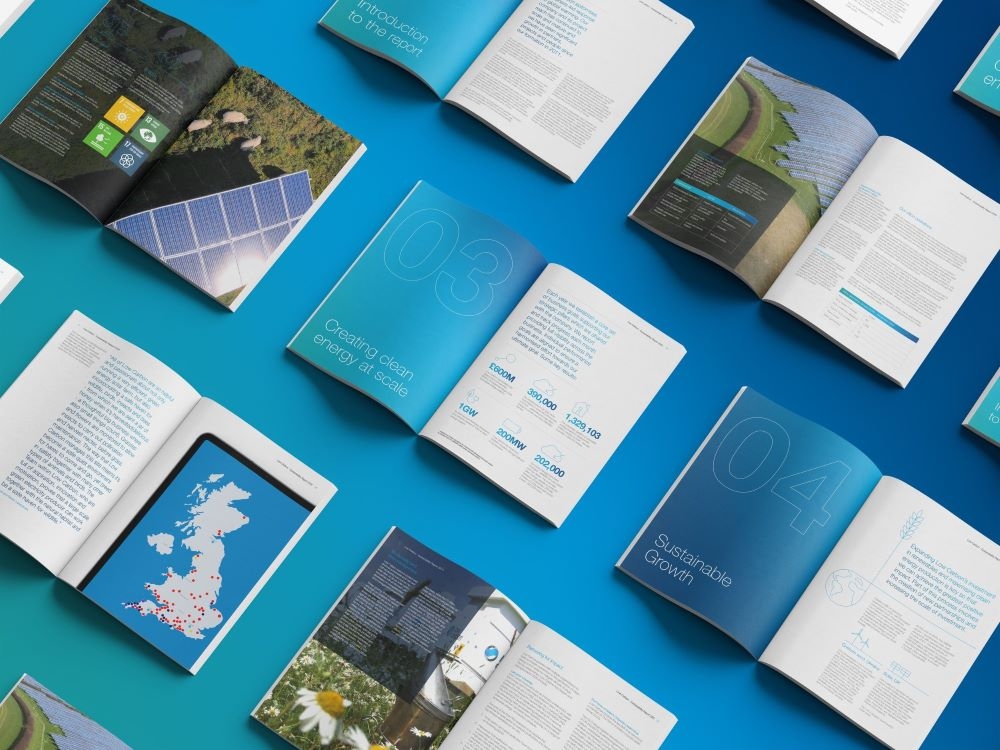
Low Carbon is proud to be a Certified B Corporation®.
Becoming a B Corp is a rigorous process. Our business performance was measured across five categories: governance, workers, customers, community, and the environment. As part of the certification process, we amended our corporate governance meaning we are now legally bound to make decisions which balance the needs of everyone – our stakeholders, our employees, investment partners, customers, society, and the environment. It is our legal obligation to balance profit and purpose.
This approach aligns perfectly with the purpose on which Low Carbon was founded: to make a positive and significant impact on the causes of climate change, creating a genuinely low-carbon future.
As a B Corp, we envision a world that uses business as a force for good.
Read more about our journey to become a B Corp on our blog here.
You can view our full B Impact report here.
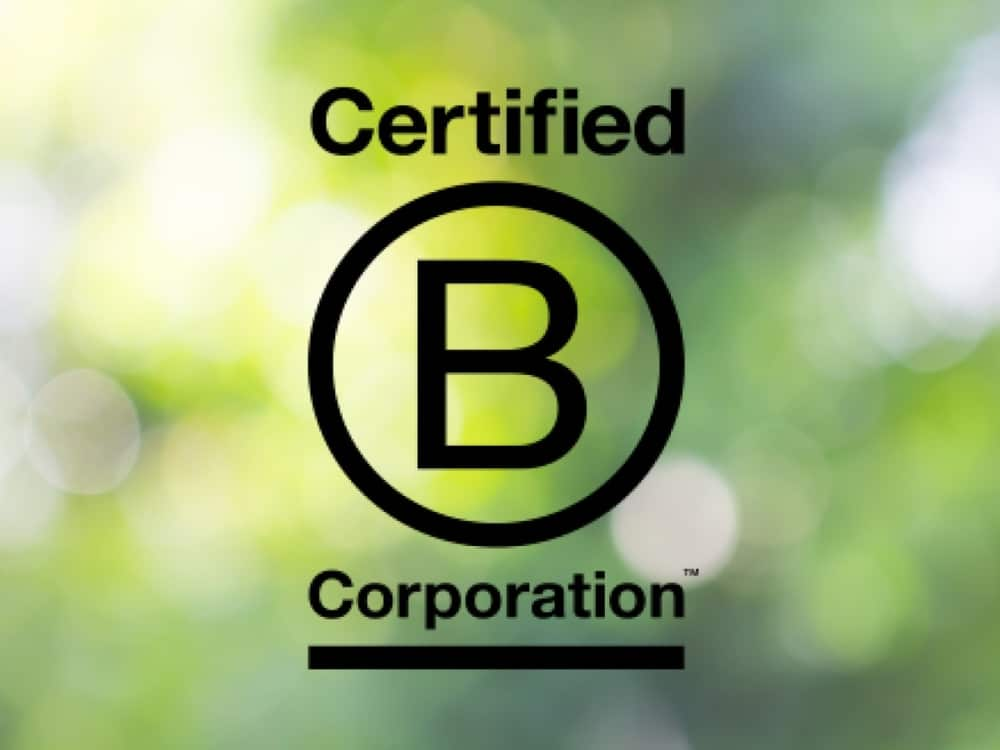
Low Carbon is the first SME to be welcomed as a member of the UK Corporate Leaders Group (CLG).
The CLG brings together executives from a cross-section of UK industry to accelerate progress towards a low carbon, sustainable economy. Through cross-fertilisation of ideas and influential conversations with policymakers and peers, the CLG advocates forward-looking solutions that build a resilient and prosperous future. The CLG is convened by the University of Cambridge Institute for Sustainability Leadership (CISL).
Through bringing the voice of SMEs leading on climate action to policymakers the CLG hopes to explore the measures government can take to provide the policy certainty all SMEs require to commit and take action including investing in renewable energy. The CLG is also exploring the role its core members can play in engaging their supply chains through collaborative action to deliver a resilient, net zero economy.
To find out more visit
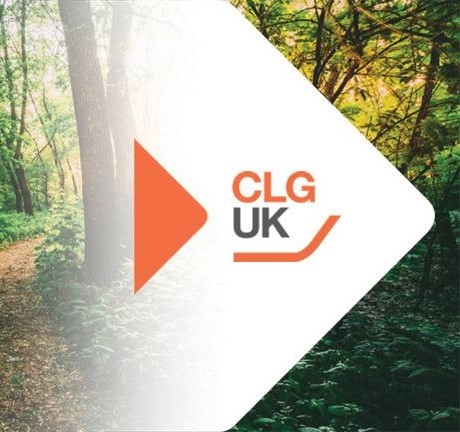
The Earthshot Prize is the most prestigious global environment prize in history, aiming to find new solutions to the world’s biggest environmental problems. Low Carbon is proud to have been invited to become a Nominator for the Prize – one of over 300 organisations from across the world invited to submit nominations, selected for our ability to identify the most impactful solutions across all sectors including renewable energy investment, from grassroots to businesses.
To find out more visit The Earthshot Prize

Low Carbon is proud to be a signatory of the United Nations-supported Principles for Responsible Investment (PRI), an international global network of asset managers, owners and service providers working together to put responsible investment into practice.
The PRI is truly independent. It encourages investors to use responsible investment to enhance returns and better manage risks, but does not operate for its own profit; it engages with global policymakers but is not associated with any government; it is supported by, but not part of, the United Nations.
To find out more visit
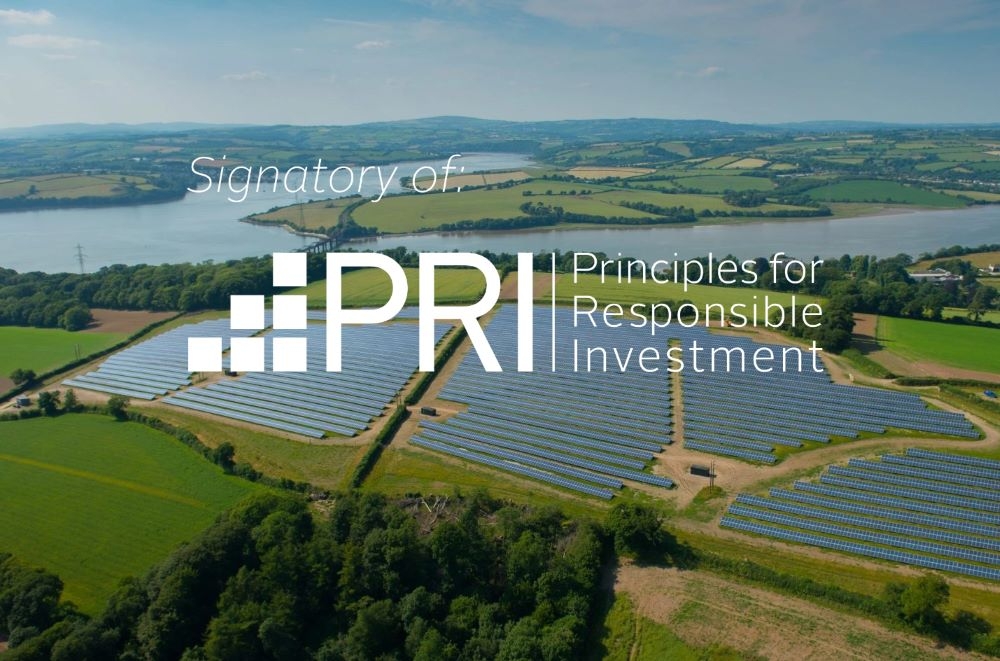
Low Carbon is an early adopter of the Taskforce on Nature-related Financial Disclosures Recommendations.
The TNFD Recommendations are the leading best practice standard for businesses to explore, disclose, and provide transparency on their nature-related risks and opportunities, building the basis for effective action. By becoming an Early Adopter, these disclosures will become a key foundation to inform how we implement our sustainability themes to minimise impacts and to restore and enhance nature’s biodiversity across our projects and business operations.
To find out more visit
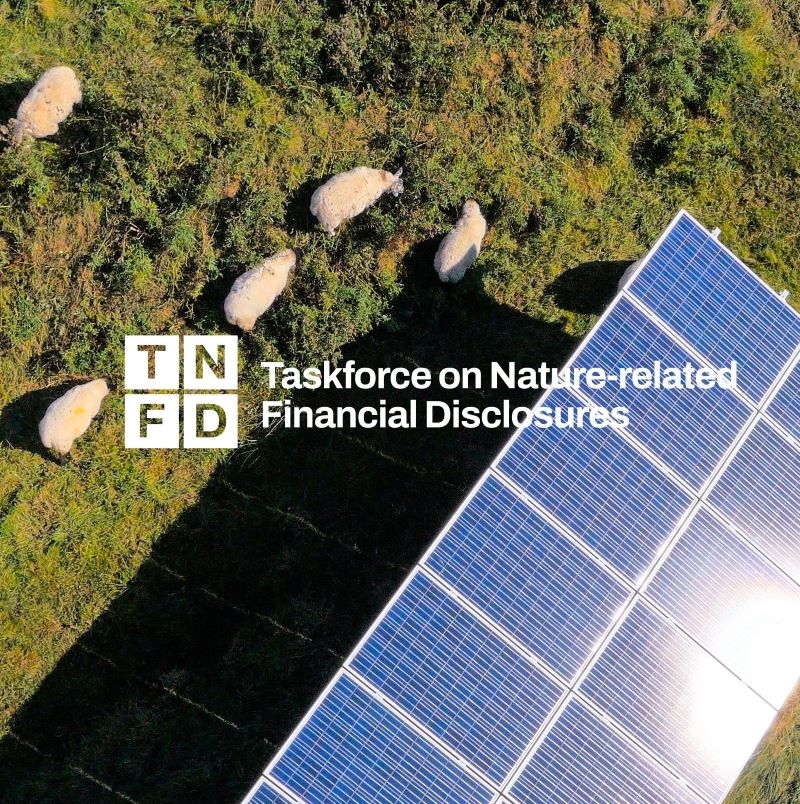
Low Carbon commissioned its first solar photovoltaic (PV) energy parks in 2011. Since then, across our UK-wide portfolio of renewable energy projects, we have championed biodiversity as a critical milestone on the journey towards a low-carbon future.

Newer sites such as Emberton, Branston and Lackford Estate have seen species-rich, locally-suited grasses established or re-seeded according to land management plans, with medleys of wildflowers attracting a rich variety of birds and insects. At Berwick, landowners have overcome naturally marshy conditions, supporting insects, breeding birds and small mammals by planting over 900m of native hedgerow.
Global bee populations are severely affected by climate change yet they are critically important to farming and biodiversity. To encourage thriving bee colonies, solar parks provide ideal protected habitats and abundant food sources. Low Carbon partners with beekeepers to manage extensive hives on carefully selected sites. Hives are installed at Lackford Estate, Trigon, Trenouth, Hellums Field and Hope. Such initiatives have boosted the total bee population of our solar parks to more than two million and rising. We also farm the honey produced at many sites. View more on the benefits of bees.
Boundary trees and woodland not only provide excellent animal habitats but also usefully screen solar arrays from general view. Native oak, willow, hazel, blackthorn and ash are in abundance at sites such as Wilmingham and Warleigh Barton.
At the award winning Lackford Estate Solar Park, responsible land management ensures protection of nesting stone curlews. Four Burrows conserves the EU-protected breeding habits of skylarks, and we have installed numerous bird and bat boxes at most sites.